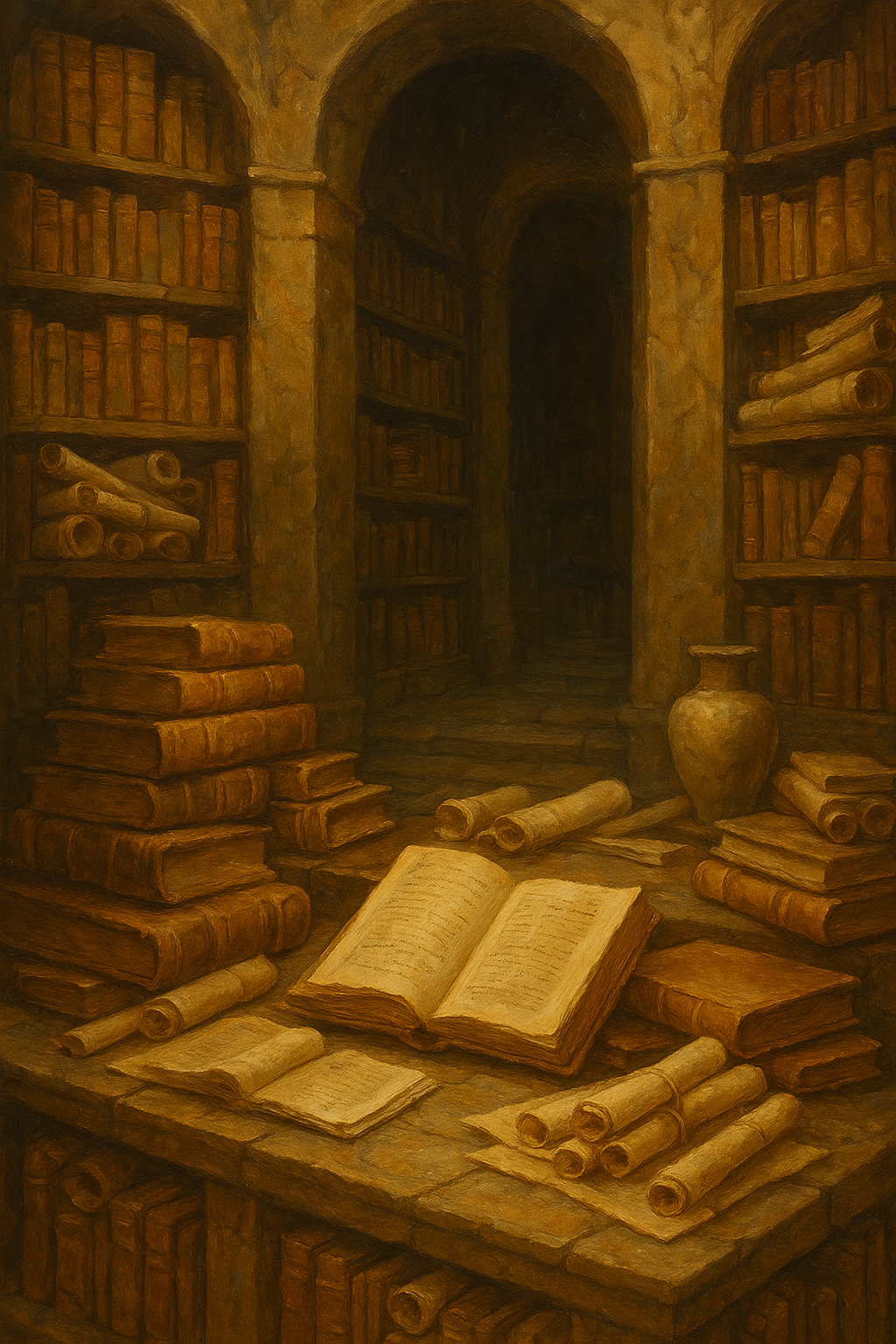Introduction to Ancient Libraries
Ancient libraries have stood as pillars of knowledge and cultural heritage throughout history. These repositories of knowledge offer insights not only into the texts they housed but also into the civilizations that created them. The exploration of ancient libraries reveals much about lost knowledge that once flourished but now remains merely a memory. In this article, we will delve into the significance of ancient libraries, learn about their historical context, their role in knowledge preservation, and what they tell us about our quest for understanding.
The Significance of Ancient Libraries
Preserving Cultural Heritage
From the Library of Alexandria to the libraries of ancient Mesopotamia, these institutions were vital for preserving cultural heritage. They housed vast collections of scrolls and manuscripts that hold invaluable insights into the philosophies, sciences, and histories of ancient civilizations. The role of these libraries in ancient civilizations cannot be overstated; they were the epicenters of knowledge and education.
Key Functions of Ancient Libraries:
* Knowledge Preservation: Safeguarding ancient texts that encompass various fields of study.
* Cultural Exchange: Serving as venues for interaction among scholars from different cultures.
* Educational Resource: Acting as learning hubs for scholars and the elite.
Importance of Ancient Texts
Ancient texts are more than mere records; they reflect the intricacies of human thought and civilization. According to research, the survival of these texts has a critical impact on how we understand lost knowledge. They encapsulate worldviews that shaped societies and offer insights into societal values and scientific understanding at the time.
What Lost Knowledge Means for Society
Impact of Libraries on Knowledge
The impact of ancient libraries on societal knowledge cannot be ignored. They provided a central place for accumulating and disseminating knowledge, laying the groundwork for modern libraries. Their practices foreshadowed our current functions of archiving and distributing information. The loss of many ancient scrolls and manuscripts due to wars, neglect, or natural disasters reflects on the fragility of knowledge preservation. This serves as a stark reminder of the importance of safeguarding our own legacy of knowledge today.
Common Causes of Lost Knowledge:
* Destruction during conflicts
* Neglect and degradation over time
* Natural disasters
How Knowledge Is Preserved Today
In today’s digital age, techniques for preserving ancient wisdom include digitization, archival science, and collaborative efforts among libraries and institutions. Governments and organizations worldwide are investing in technology to ensure that historical manuscripts are not lost again.
Preservation Techniques:
* Digital Archiving: Saving documents and texts in digital format for accessibility.
* Restoration Projects: Physically restoring ancient texts to prevent further decay.
Famous Ancient Libraries
The Library of Alexandria
Perhaps the most renowned ancient library, the Library of Alexandria, was a monument to learning. Established in the 3rd century BCE in Egypt, it aimed to gather all global knowledge. It is estimated that the library once housed up to 700,000 scrolls, representing a wide variety of subjects from philosophy to mathematics. However, its eventual decline was marked by a series of unfortunate events that led to the loss of countless works.
The Ashurbanipal Library
Another significant repository is the library of Ashurbanipal, located in Nineveh, modern-day Iraq. This library dated back to the 7th century BCE and housed thousands of clay tablets, which included texts on mythology, astronomy, and medicine. Its collection plays a crucial role in understanding lost knowledge from Mesopotamia.
The Future of Knowledge Preservation
To safeguard our current knowledge, the techniques being applied today, inspired by ancient methods, incorporate technology, research collaboration, and community engagement. The contemporary focus is not just on preserving texts but ensuring we understand their context and meaning in today’s world.
Engaging with Historical Archives
Communities can engage with these historical archives through:
* Educational Programs: Workshops that educate people about ancient texts and their relevance.
* Community Projects: Involving local communities in preservation efforts to raise awareness about the cultural heritage.
Conclusion
In conclusion, ancient libraries serve as mirrors reflecting our quest for wisdom and understanding. They have been indispensable in preserving knowledge throughout history, and their legacies inform our present. We encourage readers to explore more about knowledge preservation techniques and engage with the history that surrounds us.
For further insights on this subject, visit Government Research Database and Academic Research Portal for extensive academic literature and statistical data regarding ancient libraries and knowledge preservation.
Curious to learn more about the legacy of ancient libraries? Start your exploration today! Discover how these repositories of knowledge shaped human thought and continue to inspire our quest for wisdom.
References
* Library of Alexandria
* Ashurbanipal Library
